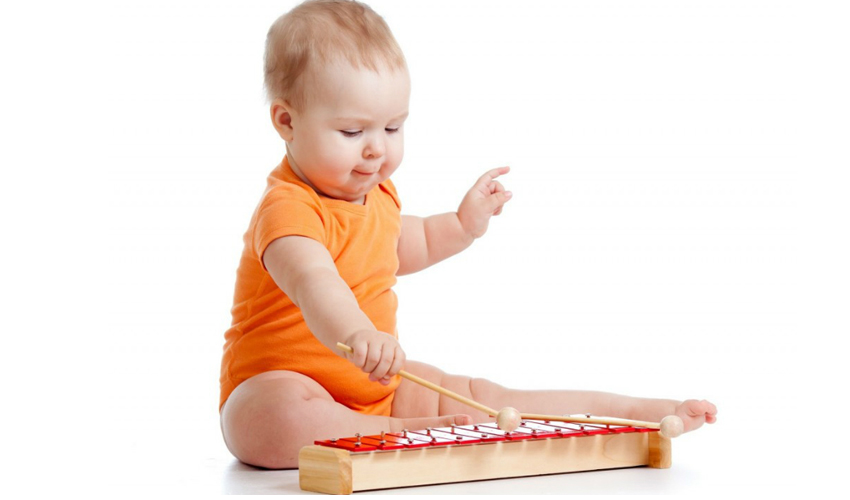What is Motor Development in Babies, How Is It Developed?
What is motor skill?
> We call motor skill the ability to perform behaviors that provide harmonious motor movements to perform an action. In order to perform these movements in a coordinated way, the mind needs to give correct and timely commands.
What is motor development in babies?
When it comes to growth, the physical development of the child should come to mind. On the other hand, you should perceive development as the acquisition of skills according to the age of the child. Since the muscles in the necks of newborn babies are not strong enough, it is necessary to support the heads of the babies. It is a tiny example of motor development when your baby starts to do this alone.
Motor skills are divided into two as fine and gross motor skills.
What are gross motor skills in babies?
Gross motor skills; We can explain it as the functionality that occurs in large muscle groups that provide the baby’s trunk, arm and leg movements. We can list these major muscle skills in children as follows:
-Ability to hold head upright
-Rotation,
-Sitting,
-Crawling,
-Walk,
-Bounce,
-be balanced,
-The ability to control the body.
Newborns have very limited motor skills. Many movements are not voluntary, as their muscles have not yet developed and their central nervous systems have not yet achieved muscle control; They do it reflexively. Gross motor development in infants starts with keeping the head upright and continues towards the feet.
Unsupported sitting is one of the most important developmental steps of gross motor skills.
What are fine motor skills in babies?
Fine motor skills emerge when the child can work the muscles in his hands and fingers. We can examine this group, which we call fine motor skills, under 3 headings.
hand grip
While babies are in the newborn period, they can instinctively grasp some objects with their hands, but they cannot consciously hold objects until the 4th month. In the first months, you may see more grabbing, reaching, and bringing to the mouth movements. Along with crawling, children’s fine motor skills begin to develop. Thus, they approach objects consciously and begin to hold them in a controlled manner over time.
finger grip
As the fine muscles in your baby’s hands begin to develop and their experience in this area increases, they can start to use their fingers better. Skills such as grasping objects with fingertips, holding certain objects by the tip, pointing with fingers are evaluated within fine motor development. You can also consider skills such as holding a pencil and turning a book page, which you will see in the future, in this context.
hand-eye coordination
Hand-eye coordination usually starts with the baby’s 4th month. After this period, the baby can follow the moving objects with his eyes and try to catch or catch them by turning to where he is.
Things to do for baby motor development
The motor development of babies is based on the proper development of the neuromuscular structure and the environmental factors that will support this development. In other words, it is not right to expect the development of neuromuscular structure alone. Well, let’s take a look at what kind of roles parents have to contribute to motor development in children.
-Holding an object may not be very important to you, but it is important for your child’s small muscle development. That’s why you should encourage him to repeat these moves.
-You shouldn’t be afraid of your child because he will get hurt. For example, not taking him off your lap in case he falls may delay his walking. You don’t have to worry after you take the necessary precautions in your home to avoid damage.
-You can play games about gross motor development with your child during the basic movements period. You can put small objects in front of him and encourage him to crawl to reach for them. You can hide behind it and call out to your baby and get him to come back to you. Such small games are very useful for motor development in children.
-You can buy educational toys for your child so that he can use his newly acquired skills. Educational toys are very useful for developing fine motor skills.
-Various finger-toe movements are very effective for fine motor exercises. You can help your child develop fine motor skills with finger stretching movements.
-You can spend time with activities that will encourage the use of scissors and various objects. Enabling him to color and cut and shape the coloring papers you print out allows him to have a pleasant time and to develop his motor skills.
